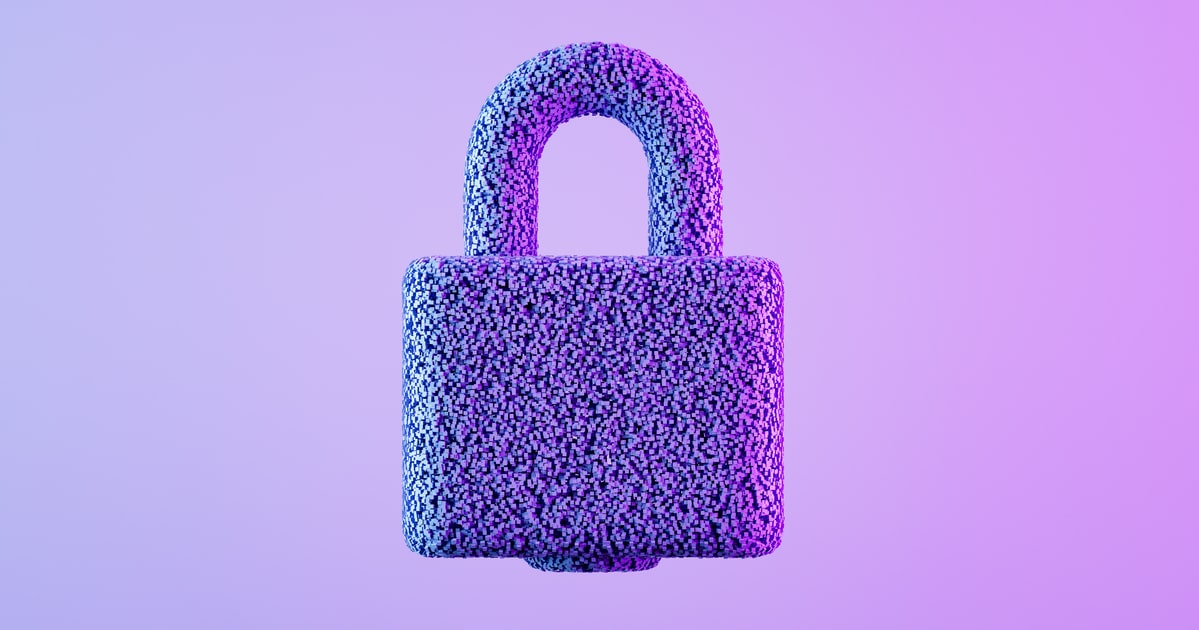Personal finance expert Farnoosh Torabi likes to say that surveys show that 75 percent of Americans are anxious about their finances – and the other 25 percent are lying.
“We would rather chat about death, our sex lives, and politics before revealing what is in our bank accounts,” she says.
But if our fears keep us from focusing on money, that’s not helping us. So Farnoosh, author of When She Makes More, and host of the So Money podcast, recommends diving into your fears – to uncover what they might be trying to teach you and how to make wiser next moves.
Three Helpful Questions to Ask Yourself
1. Why am I afraid of money in the first place?
Ask yourself, ‘How did I grow up learning about money? Is this narrative even true? Do I want it to be true? How can my fear drive me to rewrite a more empowering financial story for myself, one that I can get behind and that can motivate me to a healthier place?’
What a money fear sometimes encourages you to do is understand and decompose the stories you may be carrying around.
The exercise is to jot down our money beliefs onto a piece of paper, or wherever is easy for you, and then with each one, probe it with research and your own life experiences. Ask, “Why do I believe this? How did I learn this? Do I think this is even true, and do I want it to be true?”
You’d be surprised by the number of things that you can challenge. Once you’ve rewritten your money story, you can begin to forge ahead toward your best financial life.
2. What’s the worst-case scenario?
We tend to talk abstractly, like going broke and losing it all, but sometimes the key to getting motivated to take the right steps with your money is going even deeper into the dark place. Imagine losing your home in a fire or having to sell your business because your partner, who’s been managing all of the money, runs away with it.
This exercise is not meant to brew more anxiety and make us irrationally scared. It’s here to help you better analyze your financial life’s current strengths and weaknesses, take proper inventory of what you need, start working on those solutions, and stop gaps today instead of doing it if and when tragedy strikes.
We need to be afraid of being in the dark and having that blow up in our faces. What are you afraid of in your financial life? Are you visualizing it? Are you going to the edge of darkness? Try it; it can be life-changing.
3. What can I do to feel more financially secure?
Once you’ve taken inventory of your financial strengths and weaknesses, your fear wants to ask you, “How can you become less afraid of money now?”
Let’s take a common fear many of us face in this economy: layoffs. While it’s stressful to think about being out of a job for many months, confronting this possibility, you might realize that you maybe have more than enough savings to hold you over. Maybe unemployment insurance can fill some gaps, or you may discover that you have a real financial gap in that case.What do you have to do to get prepared? Maybe this prompts you to cut back on some expenses or begin a side hustle to supplement the savings. Fear becomes a motivator to do the right thing sooner than later.
Fear may be a strange friend, but it can be a best friend in your financial life.

Farnoosh Torabi spoke at the 2023 California Conference for Women. This article is based on her talk and was lightly edited for clarity and conciseness.
















